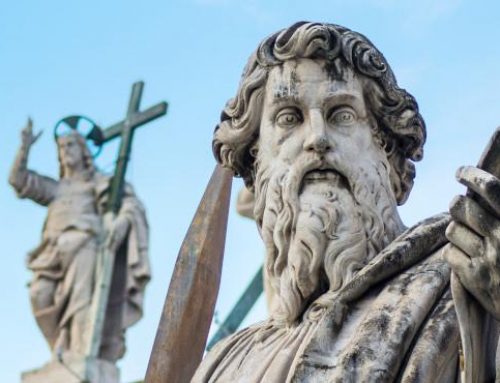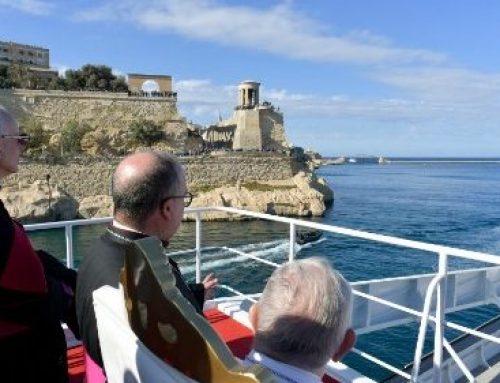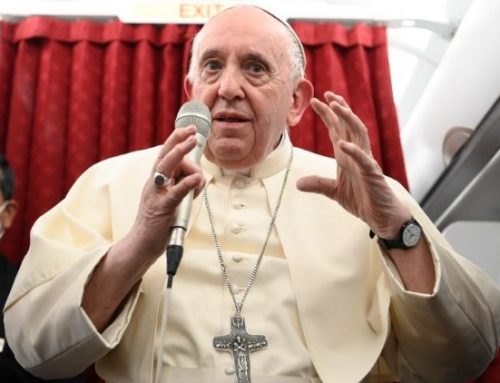Throughout these three years of his Pontificate, Francis has shown that he does not address problems through laws, but by “initiating processes” involving many people.
Throughout these three years of his Pontificate, Francis has shown that he does not address problems through laws, but by “initiating processes” involving many people.
Instead of cutting straight to the chase, he faces the long-term crisis with symbolic gestures. As a result, he has launched an irreversible cultural change.
Of the hundreds of gestures and words with which he is changing the world and the Church, we are left with these seven:
Paying his hotel bill
On his first day as pope, he personally collected his luggage and paid for his own hotel room. That demonstrated that everyone should take responsibility for themselves, and that the age of privileges was over.
Living in Santa Marta
He settled in “Casa Santa Marta.” The Pope does not want to live in an ivory tower. He wants to know the problems first-hand and not with intermediaries; he wants the people to have easy access to him.
Hugs and globalization of indifference
In a world that puts economic benefit first, and classifies people based on how much they earn or how much they are able to produce, the Pope appeals to the infinite value of every human being, and he shows it by hugging and smiling with those displaced in society.
The outskirts
He says reality is understood from the outskirts. He has not visited the parishes in the center of Rome, but instead has gone to the marginalized churches. Out of all of Europe, he has only traveled to Albania and Bosnia Herzegovina.
During his trip to Mexico, he went where a pope has never been before: places like Chiapas, Chihuahua and Michoacan.
At Easter, he celebrates Holy Thursday Mass at places experiencing pain, such as a juvenile prisons or hospices.
This has opened the eyes of many people to situations they did not even know existed.
He responds to people
When large meetings include testimonies, the Pope does not read his prepared speech, but changes it based on what he has heard.
Just as he did in Sarajevo, when he heard how they had beaten a priest.
“I forgive with all of my heart those that do evil.”
When he was in Kenya, Emmanuel spoke to him about the plight of young people who join radical militias.
Pope Francis
“Speak to the youth with tenderness, with sympathy, with love. And with patience invite them to a game or to hang out or to be together. Don’t leave them alone.”
Or in the Philippines, when this homeless girl told him they were abandoned and no one seemed to care.
“Why does God allow this to happen? Children are not to blame.”
Courage and transparency
On each trip, he faces press conferences on the plane without fear or censorship. He answers questions freely, without fear of being wrong, and is unafraid to confrontsensitive issues, such as the corruption in the Church, sexuality or what he holds in his heart.
Decision
He has made concrete and difficult decisions to simplify the Vatican’s structure.
He has created a council of 9 Cardinals that help him govern and ensure that any bishop has direct access to the Pope. He has instituted a commission to prevent sexual abuse cases; and he has refined the Vatican bank.
Prayer
Although it is not a change, what Pope Francis is doing cannot be understood, without mentioning he is a mystic who has complete trust in God. When faced with an imminent bombing in Syria, he called for a 4 hour prayer vigil in St. Peter’s Square.
The word most often repeated during these years is what he uses to define God: “Mercy.” A word that contains the slogan and the strength of his Pontificate.
Rome Reports







Leave A Comment
You must be logged in to post a comment.